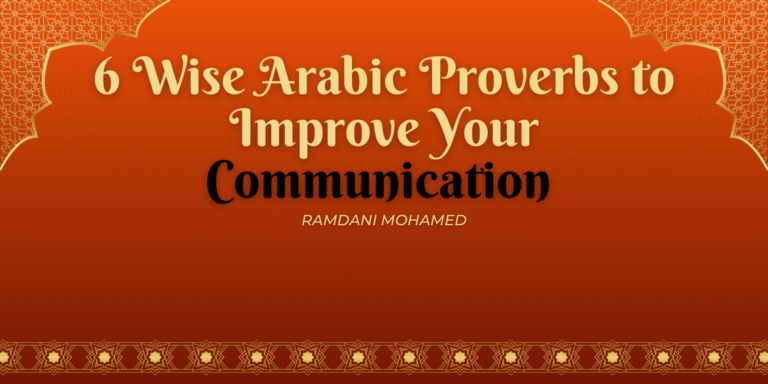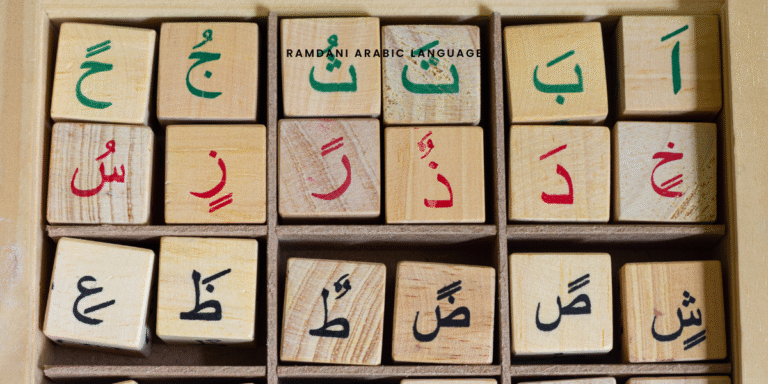the best words to Discuss Sports in Arabic with Fans 2026
Sports bring people together in every culture. The sound of fans cheering, the excitement of a goal, the shared energy of a stadium—these are universal experiences. But if you are learning Arabic and want to join a conversation at a match, you might feel nervous. You might know some words for teams and players, but when the game starts moving fast, the talk around you feels like a blur.
Learning how to discuss sports in Arabic is more than learning a list of words. It’s about learning how fans actually speak. They don’t just say “goal.” They shout it. They mix formal Arabic with slang. They use quick expressions that are hard to find in books. If you want to join them, you need to know how to listen, respond, and share your thoughts in a natural way.
This article will help you do that. We will break down the most useful words and phrases that you can use during a game. We will explain the cultural side of watching sports in Arabic-speaking countries. We will look at how fans interact, what topics they bring up, and how you can join in respectfully.
Think about the last time you watched a game in your own language. You probably didn’t sit quietly. You reacted, asked questions, argued about a referee’s call, or celebrated with friends. In Arabic, these same moments exist, but the words are different. For example, when a player makes a great move, fans might say “الله!” (Allah!) as a quick way to show excitement. When a referee makes a decision that fans don’t like, you might hear “ليش؟” (Laysh?) which means “Why?” Knowing these small reactions helps you blend in.
Sports talk also connects you with people on a deeper level. Many friendships start around a shared love for football or basketball. When you can talk about sports, you have an easy way to meet locals, break the ice, and practice Arabic in real conversations. You stop being just a learner and start being part of the group.
Arabic is a language with many varieties. You will hear Modern Standard Arabic in sports commentary on TV, but in the stands you will hear dialects. Egyptian Arabic, Levantine Arabic, Gulf Arabic, and Maghrebi Arabic all have their own style. This article will give examples from common dialects so you can recognize them and choose which ones to use based on where you are.
Learning to talk about sports is also fun. It gives you a reason to practice every week. It helps you pick up new words naturally as you follow games. And it motivates you because you can see progress—each match you attend or watch becomes a chance to try new phrases and improve.
By the end of this guide, you will feel ready to cheer, comment, and chat with other fans in Arabic. You will know what to say when your team scores, how to respond to banter, and how to share your opinion on the match. This is your first step to sounding like a real fan, not just a student.
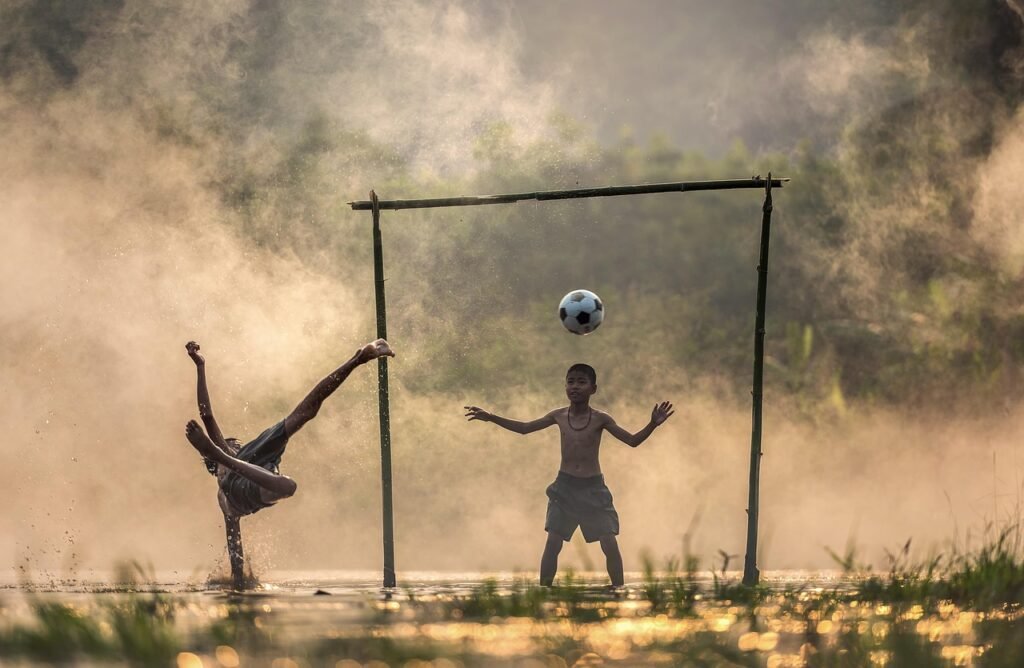
Part 1 – Essential Vocabulary for Sports Conversations
Before you can talk with fans, you need a base of words and expressions. These are the building blocks that let you follow the game and respond in real time.
Start with team-related words. These are the ones you will hear over and over again.
- فريق (fareeq) – team
- لاعب (laa‘ib) – player
- مدرب (mudarrib) – coach
- مشجع (mushajji‘) – fan or supporter
- مباراة (mubaraah) – match or game
- هدف (hadaf) – goal
- حكم (hakam) – referee
Then learn words for actions in the game.
- يسجل (yusajjil) – to score
- يمرر (yumarrir) – to pass
- يركل (yarkul) – to kick
- يدافع (yudaafi‘) – to defend
- يهاجم (yuhaajim) – to attack
Fans also react with short, quick phrases. These give life to conversations.
- هيا! (hayya) – come on
- رائع! (raa‘i‘) – great
- يا سلام! (ya salaam) – wow
- مستحيل! (mustaheel) – impossible
- ليش؟ (laysh) – why
Learn numbers too. You need them to talk about scores. Saying واحد صفر (wahid sifr) for 1–0 or اثنين اثنين (ithnayn ithnayn) for 2–2 makes you sound natural.
If you follow a sport other than football, you should still learn the general terms. Basketball, for example, has its own words:
- كرة السلة (kurat al-salla) – basketball
- رمية (ramyah) – shot
- نقطة (nuqta) – point
- مباراة فاصلة (mubaraah faasila) – tie-breaker or decisive match
Knowing these words is not enough by itself. You should practice saying them quickly. Fans don’t speak slowly during a game. Read the words out loud several times. Watch a live game in Arabic and try to pick them out when you hear them.
If you are learning Arabic for travel, choose the words most common in the country you are visiting. In Egypt, for example, you will often hear جون (goon) instead of هدف for “goal.” In the Gulf, you may hear مباراة pronounced slightly differently. Adapting to the local dialect helps you connect with fans more naturally.
Once you can recognize and say these words, you are ready to build sentences. You can start with simple ones:
- من فريقك المفضل؟ (man fareeqak al-mufaddal?) – who is your favorite team?
- من سجل الهدف؟ (man sajjal al-hadaf?) – who scored the goal?
- النتيجة كم؟ (al-nateejah kam?) – what’s the score?
These short sentences are easy to learn and use right away. They let you join the conversation without feeling lost.

Part 2 – Common Fan Reactions and Emotional Phrases
Games move fast. Fans react with short, loud phrases. If you want to sound like a real fan, you need to know these.
Start with excitement. These words work when your team scores or makes a great play.
- جووول! (goool) – goal
- يلا! (yalla) – let’s go
- برافو! (bravo) – well done
- الله أكبر! (Allahu akbar) – literally “God is greatest,” used to celebrate big moments
Then learn frustration phrases. Fans use these when a chance is missed or the referee makes a call they dislike.
- آه! (ah) – oh no
- يا خسارة! (ya khisara) – what a loss
- حرام! (haraam) – no way / unfair
- ليش؟ (laysh) – why
Fans also encourage players and teams while the game is happening.
- اضغط! (idghat) – press / push forward
- دافع! (daafi‘) – defend
- سدد! (saddid) – shoot
- ركّز! (rakkiz) – focus
You can use short sentences to share your opinion during the game.
- الحكم ظالم. (al-hakam zaalim) – the referee is unfair
- الدفاع قوي. (al-difaa‘ qawi) – the defense is strong
- الهجوم ممتاز. (al-hujum mumtaaz) – the attack is excellent
- الفريق يلعب جيداً. (al-fareeq yal‘ab jayyidan) – the team is playing well
Fans often argue or joke with each other. Keep your tone friendly. Use simple phrases like:
- مستحيل هذا فاول. (mustaheel hatha faoul) – impossible, that’s a foul
- أنت تشجع الفريق الخطأ. (anta tushajji‘ al-fareeq al-khata’) – you support the wrong team (said jokingly)
When you celebrate, you can join chants. Learn the most common cheer:
- هيّا فريقنا! (hayya fareeqna) – come on our team
The key is to match the emotion of the crowd. If everyone is shouting, speak loudly. If they are quiet before a penalty kick, stay quiet too.
Practice these phrases at home. Watch a live match in Arabic, mute your mic, and repeat what the fans say. Try to copy their tone and speed. This helps you sound natural when you use them in a real stadium.
Reacting out loud makes you part of the group. People around you will notice you are trying. Many fans will smile, teach you new words, or talk with you after the game. That is how language learning becomes real.

Part 3 – Cultural Tips for Talking Sports with Fans
Words are only part of the game. How you act matters as much as what you say. Fans notice your tone, body language, and respect for their team.
Start with respect. Always learn the name of the local team before you go to the stadium. Fans take pride in their team. If you mix up names, it sounds careless.
Cheering is welcome, but insults can cause trouble. Some fans shout strong words at referees or rival teams. As a learner, stay neutral. Use general phrases like ليش؟ (why?) or حرام! (unfair!) instead of harsh language.
Observe before joining chants. Some chants are playful, others are aggressive. Watch the crowd first. Join the ones that feel friendly.
Avoid talking politics or religion during games. Sports events can get heated. Focus on the match, players, and scores. This keeps the mood light and safe.
Dress in team colors if you can. Even a simple scarf makes you look part of the group. Fans notice this and welcome you faster.
Arrive early. Fans often talk about lineups and tactics before the match starts. This is your chance to practice small talk. Use easy questions:
- من تتوقع أن يسجل اليوم؟ (man tatawaqqa‘ an yusajjil alyawm?) – who do you think will score today?
- التشكيلة جيدة؟ (al-tashkeelah jayyidah?) – is the lineup good?
Listen as much as you speak. You will hear slang and phrases you did not know. Write them down later or record them quietly if possible. This builds your vocabulary faster than a book.
Be careful with gestures. A thumbs up is fine. Pointing aggressively or making rude signs can be misunderstood. Keep your movements open and positive.
Celebrate with the crowd, but match their energy. If they jump and sing, join in. If they clap, clap. If they are silent after a bad moment, stay quiet too. This shows cultural awareness.
Stay calm if someone teases your favorite team. Friendly banter is common. Laugh, reply with a simple line like إن شاء الله نفوز المرة القادمة (in sha Allah nafuz al-marra al-qaadima – God willing we win next time) and move on.
Learn a few phrases in the local dialect before you go. For example, in Egyptian stadiums you might hear يلا يا رجالة! (yalla ya ragaala – come on guys!). Using dialect phrases makes you sound closer to the fans.
When the game ends, say something positive even if your team loses. مباراة حلوة (mubaraah helwa – good match) works well. This leaves a good impression and invites conversation.
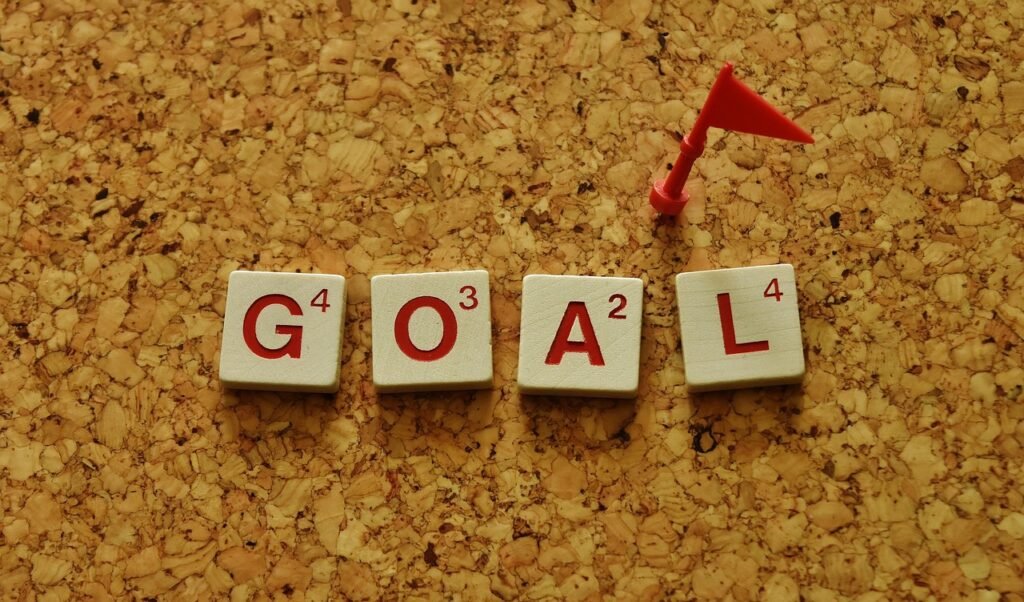
Part 4 – How to Keep Improving Your Sports Arabic
Talking about sports in Arabic gets easier with practice. The more you use the language, the more natural it feels. Make it part of your daily routine.
Watch matches in Arabic. Choose a channel that uses Arabic commentary. At first, just listen and try to catch key words like هدف (goal), دفاع (defense), هجوم (attack). Later, repeat what you hear. This trains your ear and mouth at the same time.
Follow Arabic sports pages on social media. Read posts about matches, results, and players. Try to comment using short sentences. Even writing مبروك (congratulations) or حظ موفق (good luck) helps you practice.
Join online fan groups. Many clubs have Facebook or WhatsApp groups where fans talk about upcoming games. Listen more than you speak at first. Then add a short opinion or question.
Learn new words one game at a time. Choose three or four expressions you hear during a match and memorize them. Next time, use them when talking to friends or posting online. Small steps build fluency faster.
Practice with a partner if possible. Watch a match together and agree to speak only Arabic for ten minutes at a time. Talk about the score, players, and what should happen next.
Record yourself. Pick a game highlight, watch it, then describe it out loud in Arabic. Play it back and listen to your pronunciation. This helps you notice which words are hard for you.
Use repetition. Fans repeat phrases all the time—يلا! (let’s go), الله! (wow), حكم! (ref!). Do the same. Saying these phrases many times makes them automatic.
Mix dialect and Modern Standard Arabic depending on where you are. If you are traveling, focus on the local dialect first. If you are learning for general knowledge, stick with Modern Standard Arabic until you are comfortable, then add slang slowly.
Keep a sports phrase notebook. Write down every new word you hear, where you heard it, and what it means. Review it before each game. Over time, your notebook becomes a personal dictionary.
Most important, enjoy the process. Sports are about fun, passion, and connection. If you make mistakes, laugh and keep going. Fans usually appreciate learners who try to speak their language.
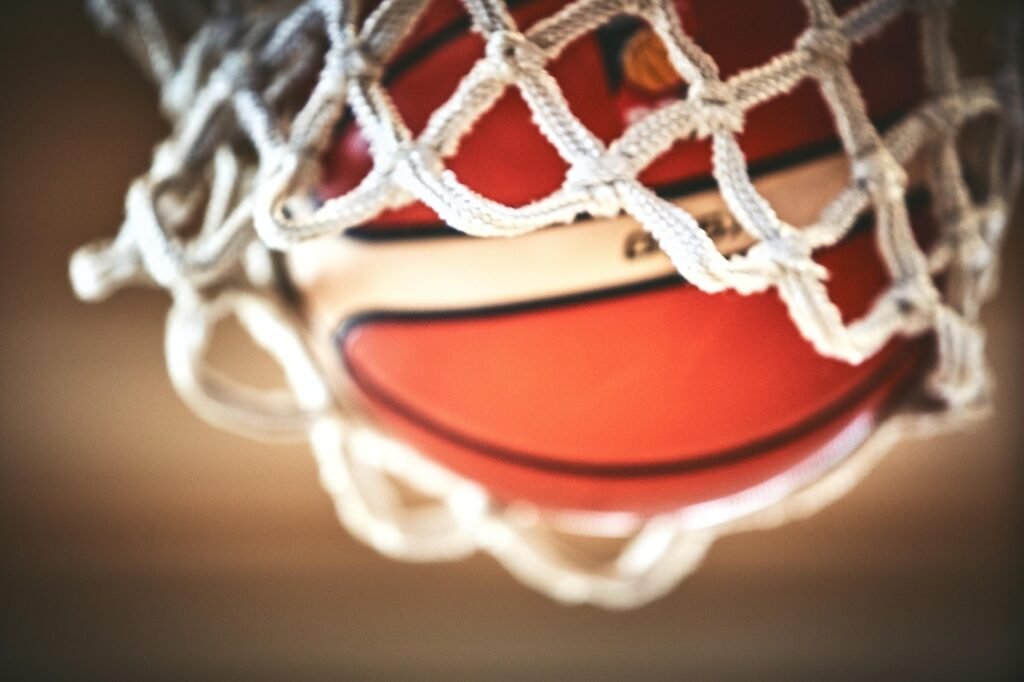
Final word
Talking about sports in Arabic is one of the fastest ways to improve your fluency. It forces you to listen fast, respond quickly, and use real words in real situations. Every match becomes a free language lesson.
Start small. Learn key words like فريق (team), هدف (goal), and مباراة (match). Add emotional phrases like يا سلام! (wow) or ليش؟ (why) to sound natural. Pay attention to how locals react, copy their tone, and join chants when you feel ready.
Respect the culture around you. Cheer with passion but keep the spirit positive. Avoid strong insults and political arguments. Focus on the joy of the game and the shared experience.
Keep practicing. Watch matches in Arabic, follow sports news, write comments, and talk to fans online. Over time, you will notice your confidence grow.
If you want to go deeper, Ramdani Arabic Academy offers lessons, courses, and articles that help learners like you master real-life Arabic. You can learn vocabulary for sports, but also how to speak in daily life, travel, work, and more.
I am Ramdani Mohamed, founder of Ramdani Arabic Academy. I created this academy to help Arabic learners around the world connect with the language and culture in a practical way. This article is part of that mission.
Take what you learned here to your next game. Listen, speak, and enjoy being part of the crowd. Each match will improve your Arabic and bring you closer to the people around you.


